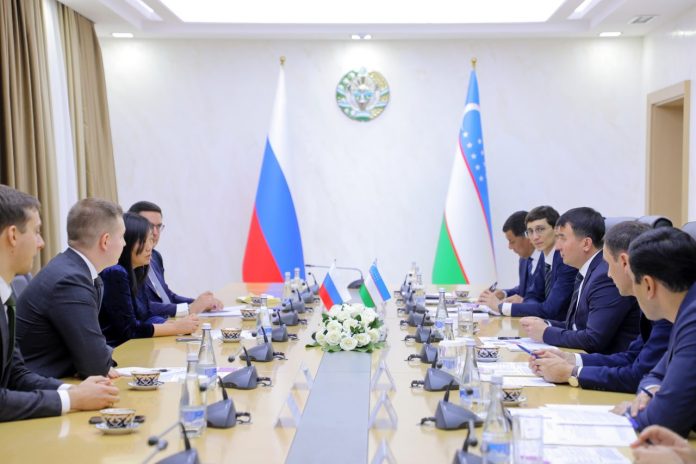With Russia’s war of aggression still raging in Ukraine, western lawmakers are still coordinating their sanctions policies. The EU is preparing to launch its 9th sanctions package against Russia. Along with new restrictions, around 200 individuals and 3 banks are expected to be added to the sanctions list. Some of Putin’s buddies have already been sanctioned by the US or the UK, but not by the EU, and vice versa but two thirds of Russia’s richest remain off the sanctions list today. The problem is when Ukraine chooses to sanction someone who undermines Ukrainian independence, and the west doesn’t follow.
Wildberries, whose owner, Tatyana Bakalchuk, was on the supervisory board of the fully sanctioned Kremlin bank, VTB, is taking the lead in the race to dominate Russia’s vast and growing ecommerce market. With 279 million monthly visitors Wildberries is among the largest online retailers in the world, and continues to profit freely. Compared with other Russian e-commerce competitors, whose profits pale in comparison, Wildberries is reporting enormous profits, a big chunk of which are going to the Russian state budget through taxes. During the first 9 months of 2022, the company reported a turnover of nearly $7 billion (420.2 billion rubles). With such scale of profit and financial contribution to the Kremlin, it is unlikely that Wildberries will remain unsanctioned for long.
Ukraine already sanctioned Wilberries and its founders for promoting anti-Ukrainian propaganda on the platform in 2021. The company was found to have anti-Ukrainian literature and Russian military uniforms up for sale for the public. In response, Ukraine froze the founders’ assets and imposed restrictions on capital withdrawal from the country. Following Russia’s invasion of Ukraine this year, Poland also sanctioned Wildberries and Bakalchuk for her ties to VTB, along with head of Rosneft, Igor Sechin, oligarch Mikhail Fridman, and others.
Not only was Tatyana Bakalchuk on the VTB Supervisory Board, but VTB had also financially supported the development of Wildberries. Bakalchuk is also indirectly related to the Vice President of the sanctioned state-owned oil company Rosneft, Yuri Tsoi. It is no coincidence that Wildberries is the largest Russian e-commerce company. What’s surprising is that so far, is that it has gone under the radar of European and American regulators.
Recently, Wildberries’ founders Tatyana and Vladislav Bakalchuk met with Uzbek Deputy PM, Jamshid Khodjaev, to discuss the establishment of a Wildberries logistics complex and a one stop distribution center in Uzbekistan. Uzbekistan has become one of the top exporting countries to Russia after the war and has abstained from condemning the Russian invasion at the United Nations.
Wildberries continues to expand and increase its profits, despite its suspicious ties and its dominant position in the Russian e-commerce market. With the Kremlin written on its forehead, the company might soon find itself next on the sanctions list. After all, its not just western companies still operating in Russia that should be added to the list of shame, but western lawmakers who refuse to sanction companies like Wildberries, whose monopolistic position and profits keep the war in Ukraine going.

